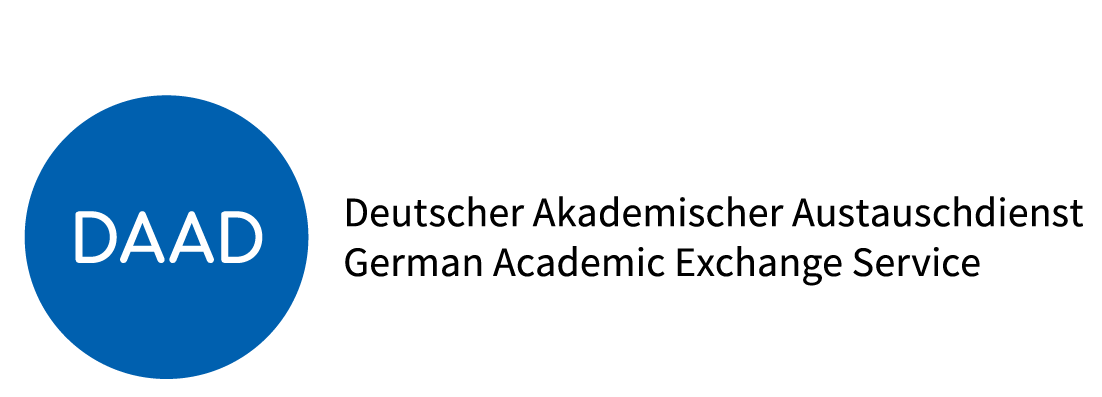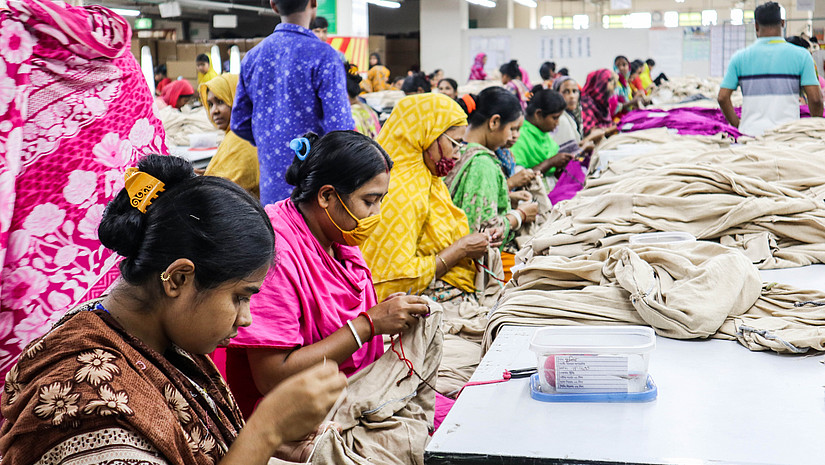International Center for Development and Decent Work (ICDD)
From 2009 - 2022, the ICDD was funded by
The International Center for Development and Decent Work (ICDD) is a global multidisciplinary network of eight partner universities on four continents with its head office at the University of Kassel (Germany). The organisaiton cooperates closely with the International Labour Organization (ILO) and various non-governmental organizations.
The main mission of ICDD is to contribute to the global fight against hunger and poverty through research and education on Sustainable Development Goal 8 with a special focus on the over 800 million people facing grave food insecurity, especially in rural areas.
Therefore, ICDD aspires to generate knowledge, build partnerships, and carry out research around several core clusters. The focus is on the Decent Work Agenda, sustainable development and employment for all people. Through teaching courses in the English language, ICDD also aims to nurture academic capacities in the field of development cooperation.
Find out more about us here.
Follow us
News
Last update: 02 January 2023



















